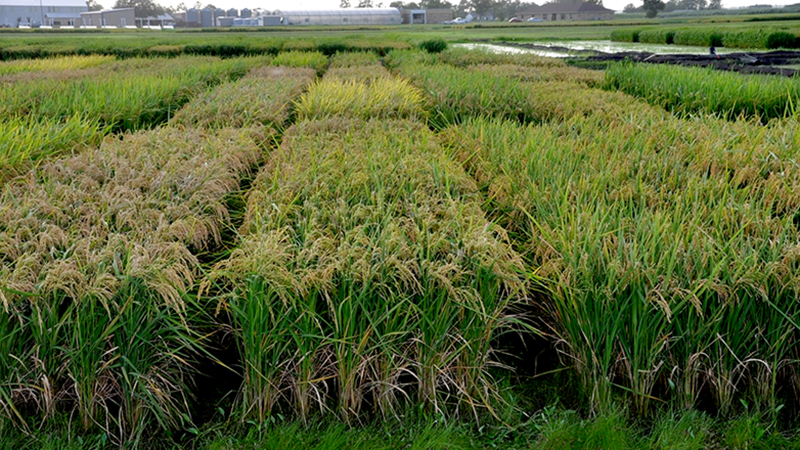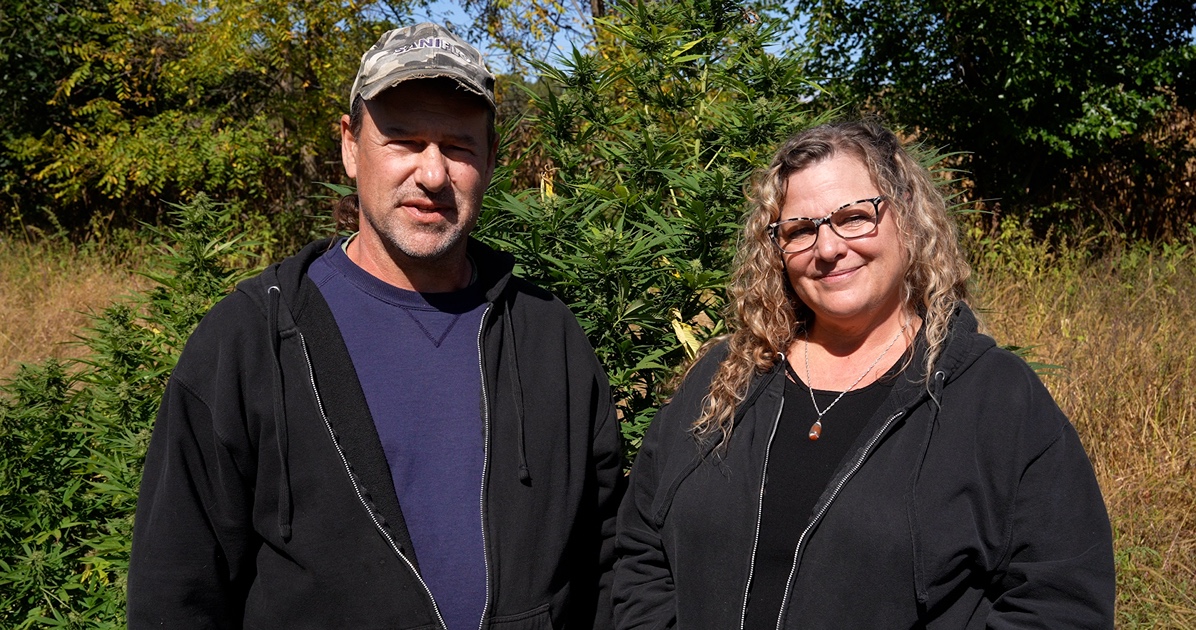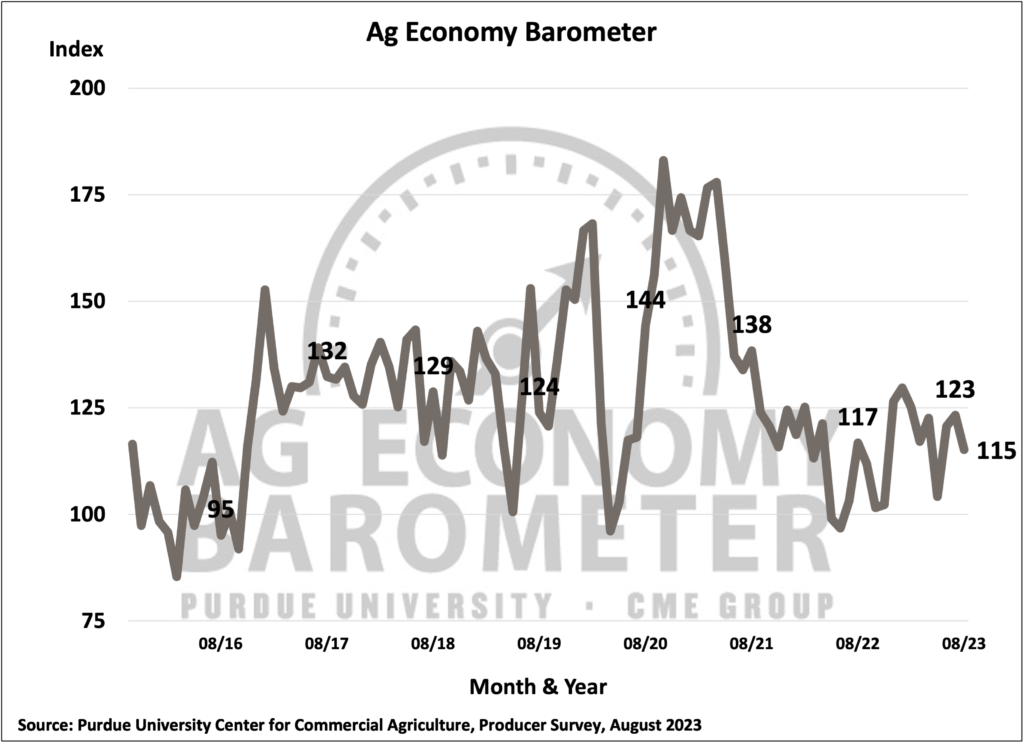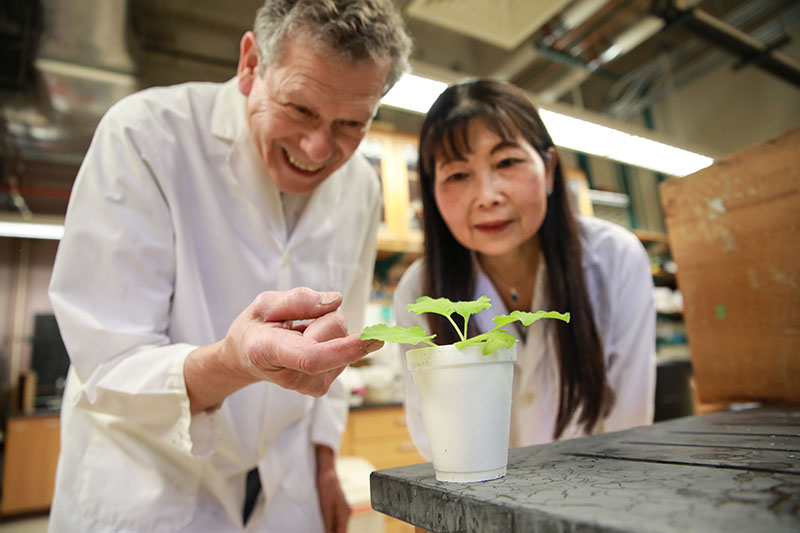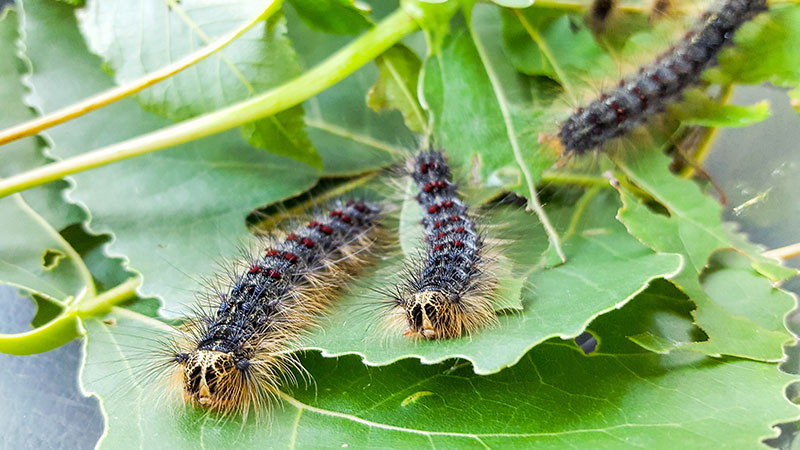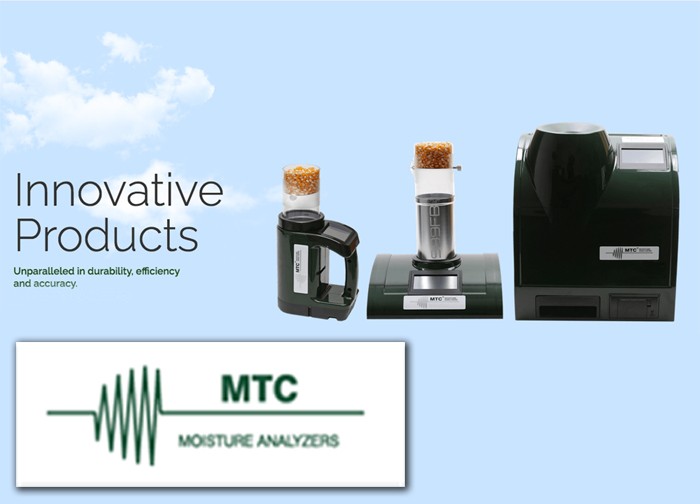06/11/2025 SOURCE: ag.purdue.edu
Despite most Americans acknowledging the link between diet and health, the average adult still consumes an unhealthy diet, prioritizing taste and affordability over nutrition. Purdue University’s May Consumer Food Insights Report reveals that while consumers believe improving their diet improves overall health, many face challenges like unclear food labels and limited access to healthy options. The survey also shows steady food inflation and a slight rise in food insecurity, with some food-insecure individuals still rating their diets as healthy, particularly among younger respondents. Those who report having healthier diets tend to check food labels more often and purchase specialty foods like organic or local products.
Consumers seem confident in their ability to identify healthy foods and understand that what they eat directly influences their overall health. Even so, new data shows that the average American adult has an unhealthy diet, according to the May Consumer Food Insights Report (CFI).
Consumers follow unhealthy diets despite apparently knowing better
-
(0)
-
Bookmark
- Comments. (0)
05/20/2024 SOURCE: www.purdue.edu
Climate change, extreme weather events, unprecedented records in temperatures and higher, acidic oceans make it difficult to predict the long-term fate of modern crop varieties.
Machine-learning model demonstrates effect of public breeding on rice yields in climate change
-
(0)
-
Bookmark
- Comments. (0)
03/26/2024 SOURCE: ag.purdue.edu
Mike and Leslie Halsema are the owners of Halsema Hemp Farms in Clarks Hill, Indiana. Halsema Hemp Farms grows hemp from seed and uses it to produce CBD-infused products, like chocolates and pet treats.
Hemp Grower Spotlight: Mike and Leslie Halsema
-
(0)
-
Bookmark
- Comments. (0)
09/19/2023 SOURCE: ag.purdue.edu
The U.S. Department of Agriculture announced that it will use $300 million from the Inflation Reduction Act to monitor agricultural emissions, including by creating a research network to monitor carbon levels in soil. Article and video featuring Dr. Shalamar Armstrong, Brad Wetli, and Purdue students.
Farm fields don’t just feed us. They store carbon. But a big question is how much
-
(0)
-
Bookmark
- Comments. (0)
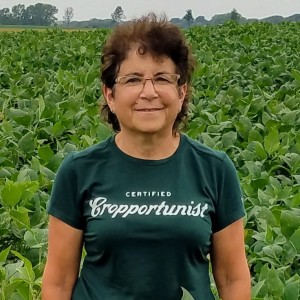 Nancy Kavazanjian
Nancy Kavazanjian
Topics: Agriculture US, Economics,
Purdue University-CME Group Ag Economy Barometer
U.S. farmers’ sentiment weakened in August compared to July as the Purdue University-CME Group Ag Economy Barometer dipped 8 points to a reading of 115.
-
(0)
-
Bookmark
- Comments (0)
 Nancy Kavazanjian
Nancy Kavazanjian
Topics: Genes /Genetics, Ag Innovation,
Purdue biology innovation allows the introduction of valuable traits in plants without creating transgenic plants @PurdueRP
Academic researchers and companies in the agricultural biotechnology sector will be able to use a patent-pending Purdue University biology innovation to introduce valuable traits to plants without integrating novel DNA into a plant’s genome.
-
(0)
-
Bookmark
- Comments (0)
01/10/2023 SOURCE: ag.purdue.edu
An expansive, multi-decadal agricultural dataset is now available from Purdue University. The Southeast Purdue Agricultural Center (SEPAC) drainage research data are from a long-term subsurface drainage project that was conducted at SEPAC in Jennings County, Indiana from 1984 to 2020. SEPAC is one of eight Purdue Agricultural Centers (PACs) across Indiana that researchers use to conduct applied field crop and animal research. This project was funded in part by the Agricultural Research and Graduate Education (ARGE) office at Purdue and the USDA National Institute of Food and Agriculture.
Expansive agricultural dataset now available from Purdue University
-
(0)
-
Bookmark
- Comments. (0)
-
(0)
-
Bookmark
- Comments (0)
07/13/2022 SOURCE: www.purdue.edu
Purdue University and the U.S. Forest Service on Tuesday (July 12) announced the new and improved Alien Forest Pest Explorer interactive web tool.
Purdue, U.S. Forest Service launch new, improved Alien Forest Pest Explorer
-
(0)
-
Bookmark
- Comments. (0)
 Nancy Kavazanjian
Nancy Kavazanjian
Topics: Soybeans, Agriculture Global, Research,
Student’s research makes soybeans easier for animals to digest
In a small town in rural Colombia, Diana Escamilla Sanchez’s grandfather raised coffee, oranges, plantains, bananas and corn. Her childhood on the farm made Escamilla aware of the difficulties small farmers faced in Colombia when marketing their goods.
-
(0)
-
Bookmark
- Comments (0)



